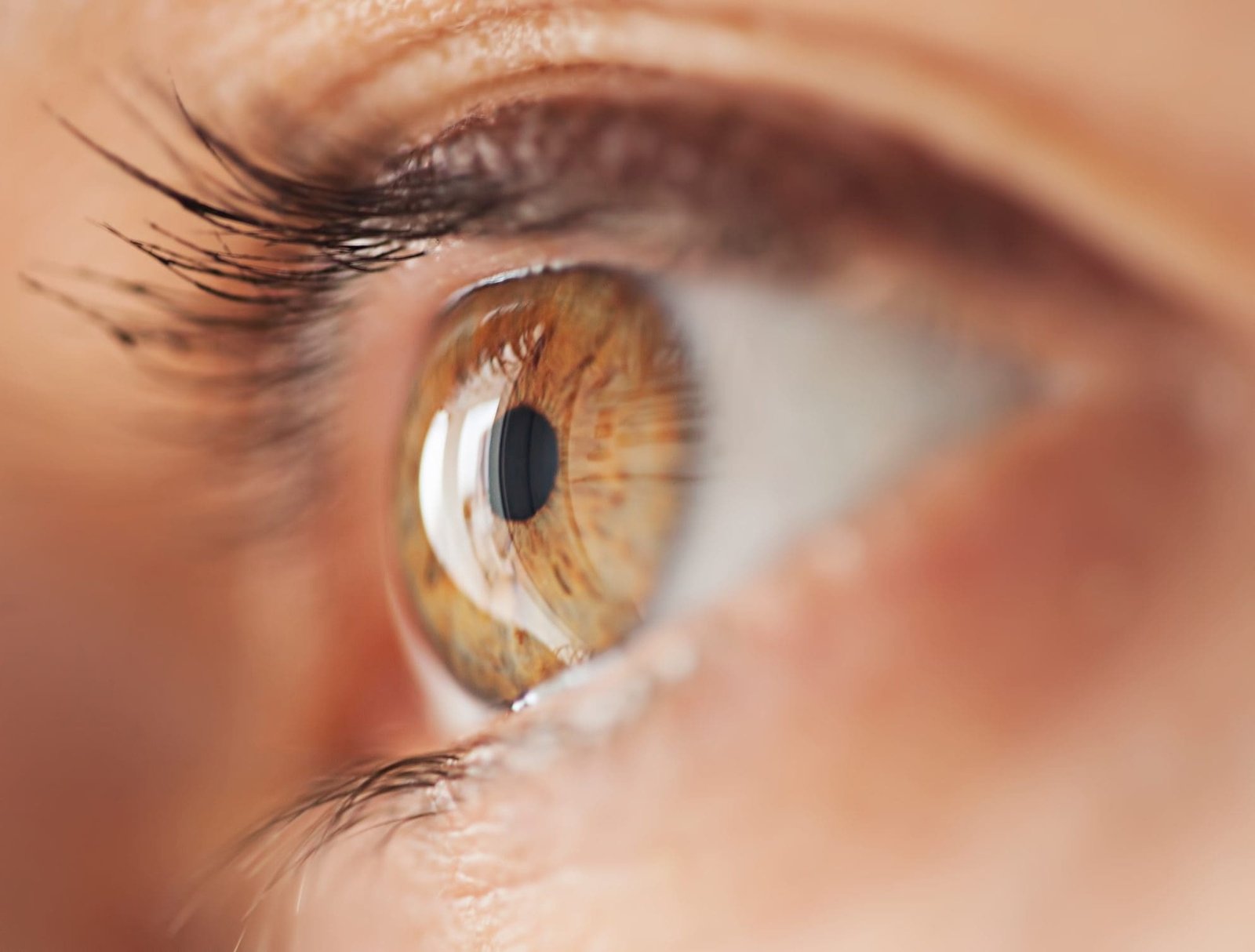There are several reasons why cataracts might develop early in life:
1. Genetics and Congenital Factors
Some young adults are born with cataracts, a condition known as congenital cataracts. These may result from genetic mutations, intrauterine infections such as rubella, or metabolic disorders. Even if the cataract is present at birth, it may not be detected until later in life if it is mild or if both eyes are equally affected, masking the symptoms.
2. Trauma or Injury
Physical trauma to the eye is one of the most common causes of cataracts in young people. A blunt force injury, penetrating wound, or chemical burn can damage the lens of the eye, leading to the development of a traumatic cataract. Sometimes, the cataract appears immediately, while in other cases it may develop gradually over months or years.
3. Medical Conditions
Certain systemic illnesses are linked to the early development of cataracts. Diabetes, for instance, increases the risk due to the high levels of glucose in the blood, which can affect the composition of the eye’s lens. Other health issues such as hypothyroidism, atopic dermatitis, and certain autoimmune diseases have also been associated with early-onset cataracts.
4. Medication Use
Prolonged use of corticosteroids, whether taken orally, injected, or applied topically near the eyes, is a well-known risk factor for cataracts. Steroids can alter the chemical balance in the lens, promoting clouding over time. Additionally, certain medications used to treat mental health or epilepsy may have side effects that impact vision.
5. Lifestyle and Environmental Factors
Excessive exposure to ultraviolet (UV) radiation from sunlight, smoking, and alcohol abuse have all been implicated in the early development of cataracts. These habits produce oxidative stress in the body, including the eyes, accelerating the breakdown of lens proteins. Similarly, poor nutrition—especially diets lacking in antioxidants such as vitamins C and E—can weaken eye health and lead to cataract formation.
6. Radiation and Medical Treatments
Young adults who have undergone radiation therapy for cancer or other medical treatments around the head and neck area may experience lens damage as a side effect. This form of radiation-induced cataract is often irreversible and may progress rapidly.
Symptoms of Cataracts in Young Adults
Cataracts in young adults present similar symptoms to those seen in older patients:
- Blurry or cloudy vision
- Difficulty seeing at night
- Increased sensitivity to light and glare
- Seeing “halos” around lights
- Fading or yellowing of colors
- Double vision in one eye
- Frequent changes in eyeglass or contact lens prescriptions
Because young people might not suspect cataracts as the cause of these symptoms, the condition can go undiagnosed for longer periods unless they have regular eye checkups.
Diagnosis and Treatment
Cataracts are diagnosed through a comprehensive eye examination by an ophthalmologist. Tests may include visual acuity testing, slit-lamp examination, and retinal exams. If cataracts are detected and are affecting vision significantly, surgery is the most effective treatment.
Cataract surgery involves removing the cloudy lens and replacing it with an artificial intraocular lens (IOL). The procedure is usually quick, safe, and performed on an outpatient basis. Most patients experience a significant improvement in vision within a few days of surgery.
Prevention and Eye Care Tips for Young Adults
While not all cataracts can be prevented, young adults can reduce their risk by taking proactive measures:
- Wear sunglasses with UV protection
- Quit smoking and limit alcohol intake
- Eat a balanced diet rich in antioxidants (leafy greens, fruits, nuts)
- Manage chronic health conditions like diabetes
- Avoid prolonged use of steroids unless prescribed and monitored
- Have regular eye check-ups, especially if there is a family history of cataracts
Conclusion
Although cataracts are typically associated with aging, they can and do affect young adults due to a variety of causes including genetics, trauma, systemic diseases, and environmental factors. Early diagnosis and appropriate treatment can help preserve vision and prevent long-term complications. It is crucial for young individuals to remain vigilant about their eye health and consult an eye care professional if they experience any visual disturbances. With proper care and timely intervention, cataracts in young adults can be effectively managed, allowing them to maintain a clear and active lifestyle.
Do Follow Us On Instagram







